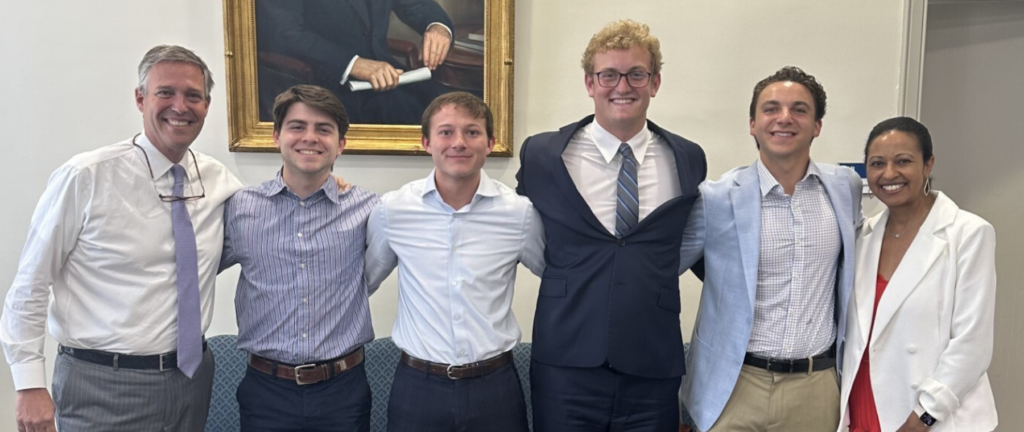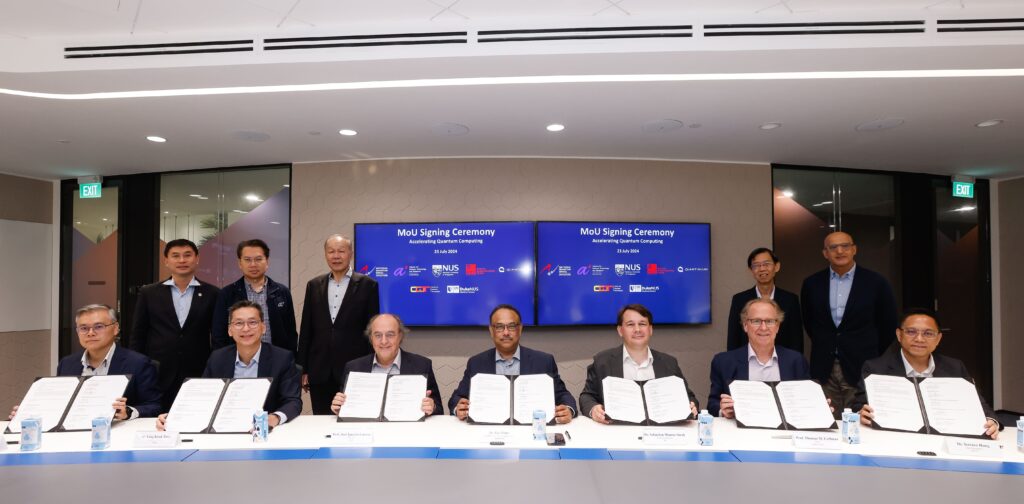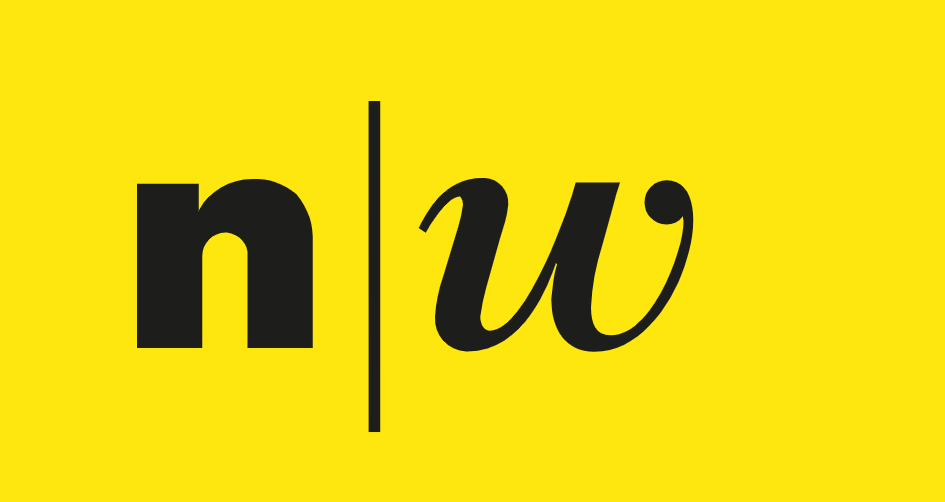Insider Brief
- The North Atlantic Treaty Organization intends to be a leader in the exploration of quantum tech in warfighting.
- NATO calls out China as an adversarial nation that is investing billions in quantum research.
- Quantum computers could have implications for pharmaceutical development, finance, logistics, machine learning, and decryption.
NATO recognizes the constructive — and destructive — potential of quantum technologies, according to a statement from the defensive alliance.
In the statement, NATO classified quantum as a key emerging technology with the potential to extend the military capabilities and capacity of member nations. The potential includes, but goes beyond, quantum computing.
“The implications of quantum technologies for defence are extensive and include important applications in the fields of computing, communication, and sensing,” according to the statement “These three sub-fields contain additional subcatagories, each possessing potential applications and capabilities that will influence all domains of warfare.”
NATO is already exploring quantum tech.

“NATO is developing quantum sensing for the detection of submarines,” the statement said. “Quantum-enabled inertial navigation systems could do the work of GPS without satellite signals. Soon the NATO enterprise and Allies will need to upgrade and secure digital infrastructure using quantum-resistant cryptography.”
NATO suggests that quantum is a double-bladed sword for data security.
“Quantum technology itself promises very secure data communication,” they write. “Data security is very difficult to manage in a contested environment so quantum would be a game-changer on the battlefield. In the near future quantum technology could be used to easily break standard encryptions, while information encoded in a quantum particle, when attacked by hackers, would collapse, making interpretation impossible.”
Global Quantum
The alliance notes that quantum technology is also being explored in the private sector by companies across the globe, including Amazon, IBM, Google, and Microsoft, Baidu and Huawei.
While companies have committed millions of dollars into these technologies, governments — including adversarial nations — are adding billions to develop quantum advantage.
According to the statement: “Adversarial governments are also standing up quantum research programs, spending billions of dollars to gain an edge. In 2016, China launched the first quantum science satellite, which has since demonstrated intercontinental relay communications.”
Quantum Computing
NATO specifically called out quantum computing as a technology with huge implications if it is fully realized. These devices could unleash tremendous data power, volume, speed, and security, according to the statement. Other companies are pursuing the ultimate goal of a quantum internet. Quantum computers could be used across industries, including devices that would power complex systems simulations, pharmaceutical development, finance, logistics, machine learning, and decryption.
Quantum Sensing
NATO is interested in quantum sensing, which allows for the ability to measure tiny differences in temperature, acceleration, gravity, and time are all likely to be greatly improved by quantum research.
“Quantum sensing technology will advance underground mapping, give autonomous systems the ability to “see” around corners, and help scan brain activity. Many of these tools are already in use by private industry and government.,” according to the statement
While quantum is potentially powerful, more research needs to be done. NATO Intends to be a leader in that research effort.
The statement concludes: “Despite the vast potential of this field it is important to reflect that quantum technology is not a “silver bullet” for capability and defense concerns. It is important to appreciate that within the quantum field there is no consolidated view, and some experts remain skeptical, describing it as nothing more than quantum hype. All these factors add impetus to ensure NATO has robust methods to track quantum market trends and technological initiatives that will inform capability development and investment decisions. Forward-leaning work in this field will only grow in importance as Allies seek to capitalize on quantum technologies. Using Allied testing and validation infrastructure including test centres and access to end-user military operators, NATO can continue to be a leader in this field.”
If you found this article to be informative, you can explore more current quantum news here, exclusives, interviews, and podcasts.



















